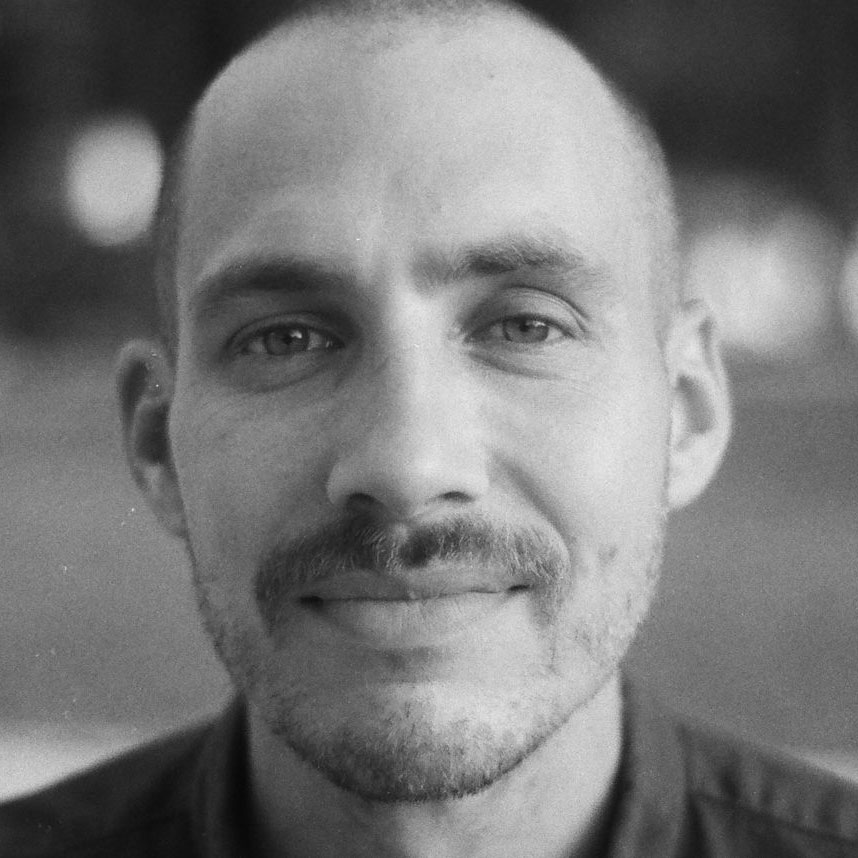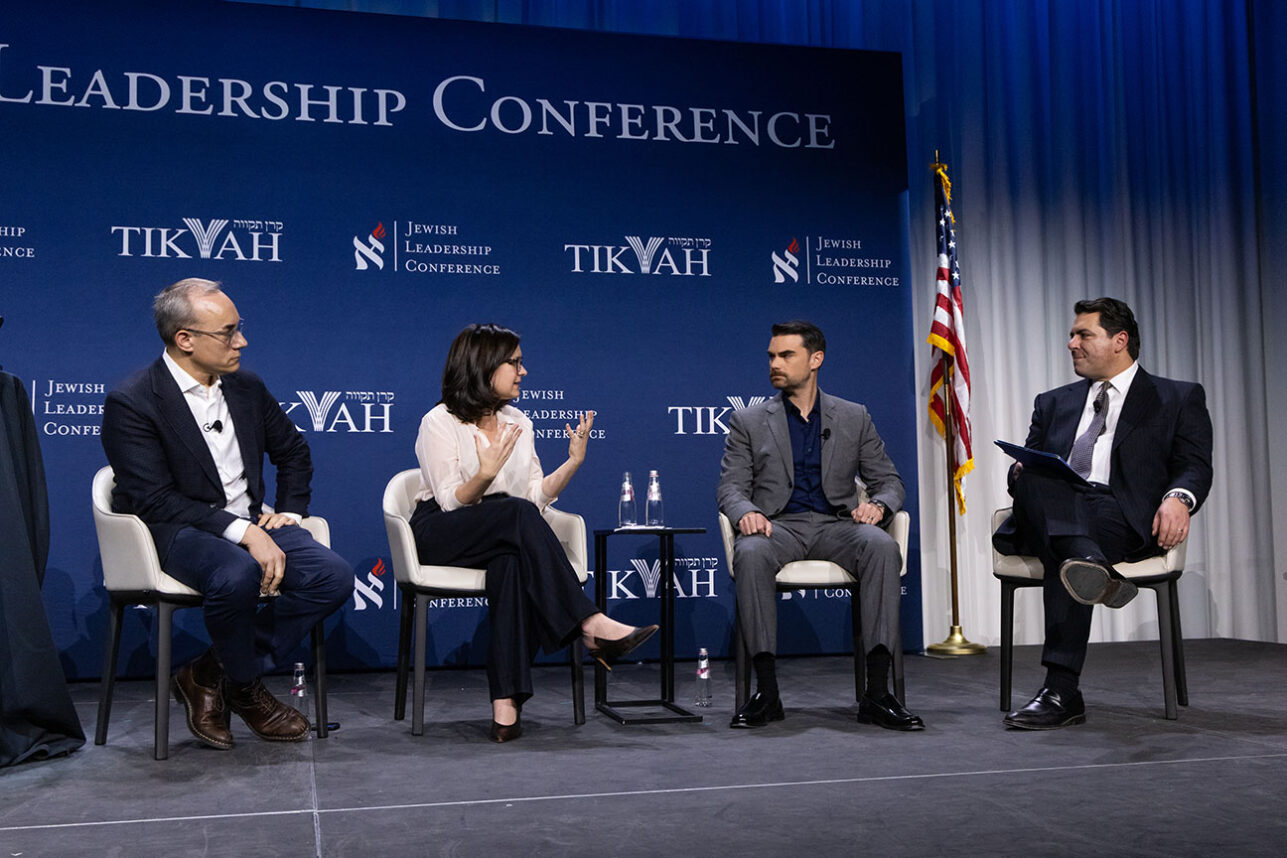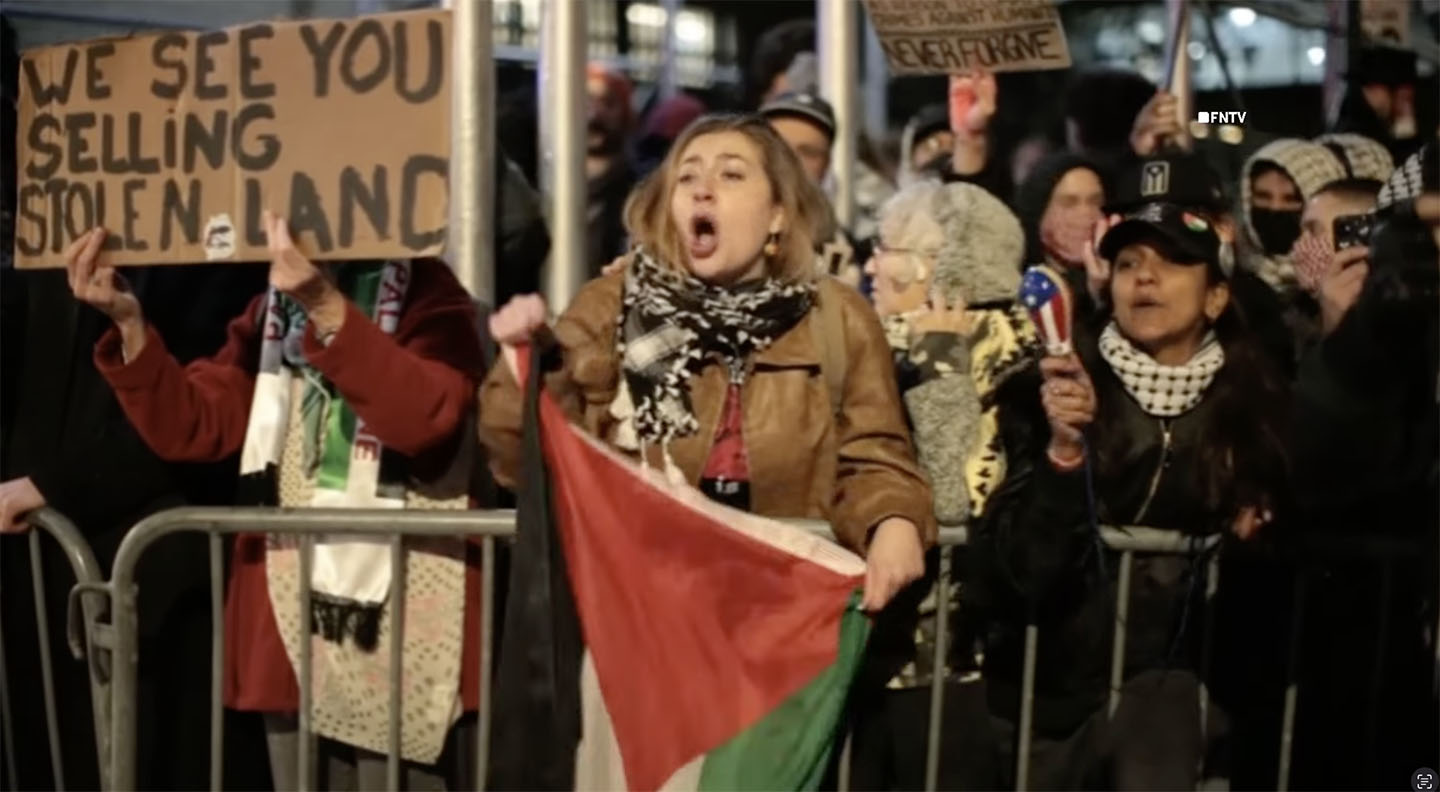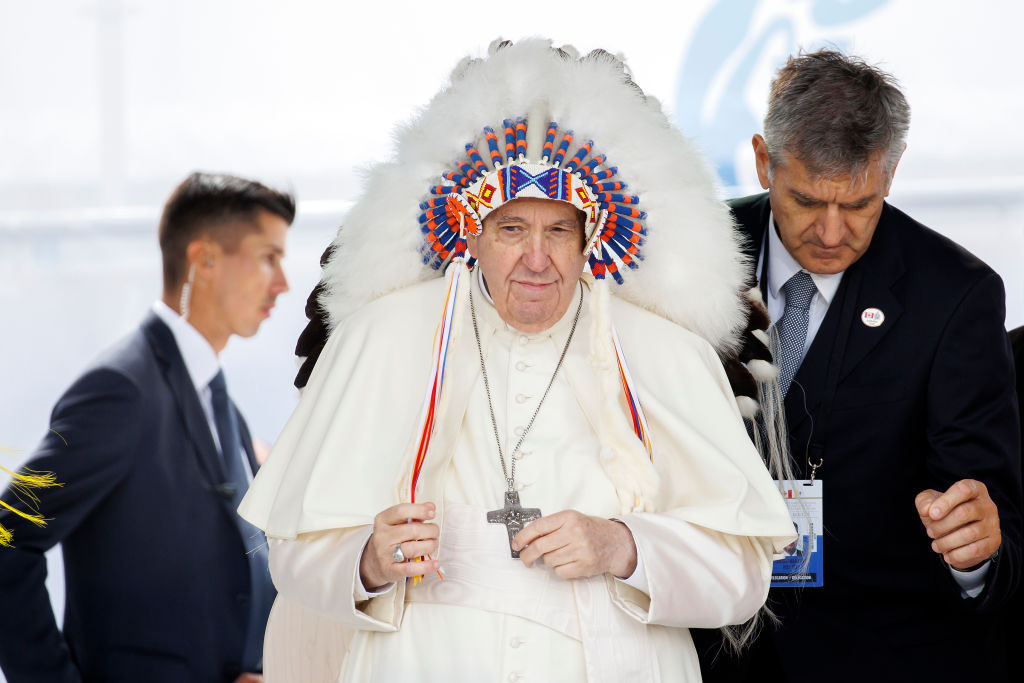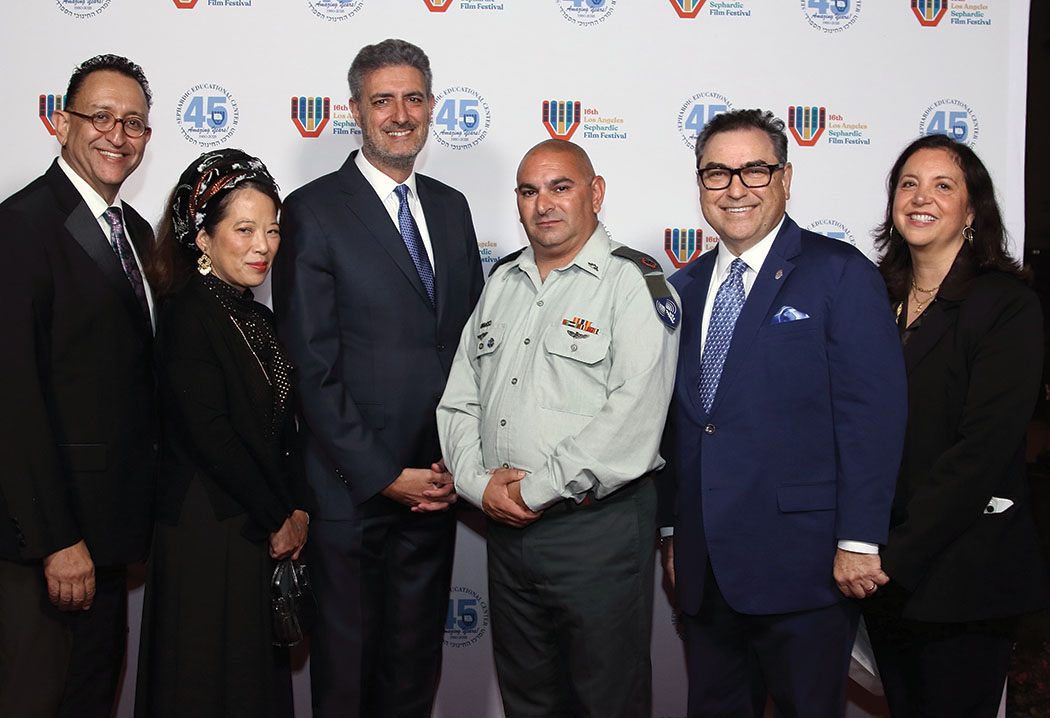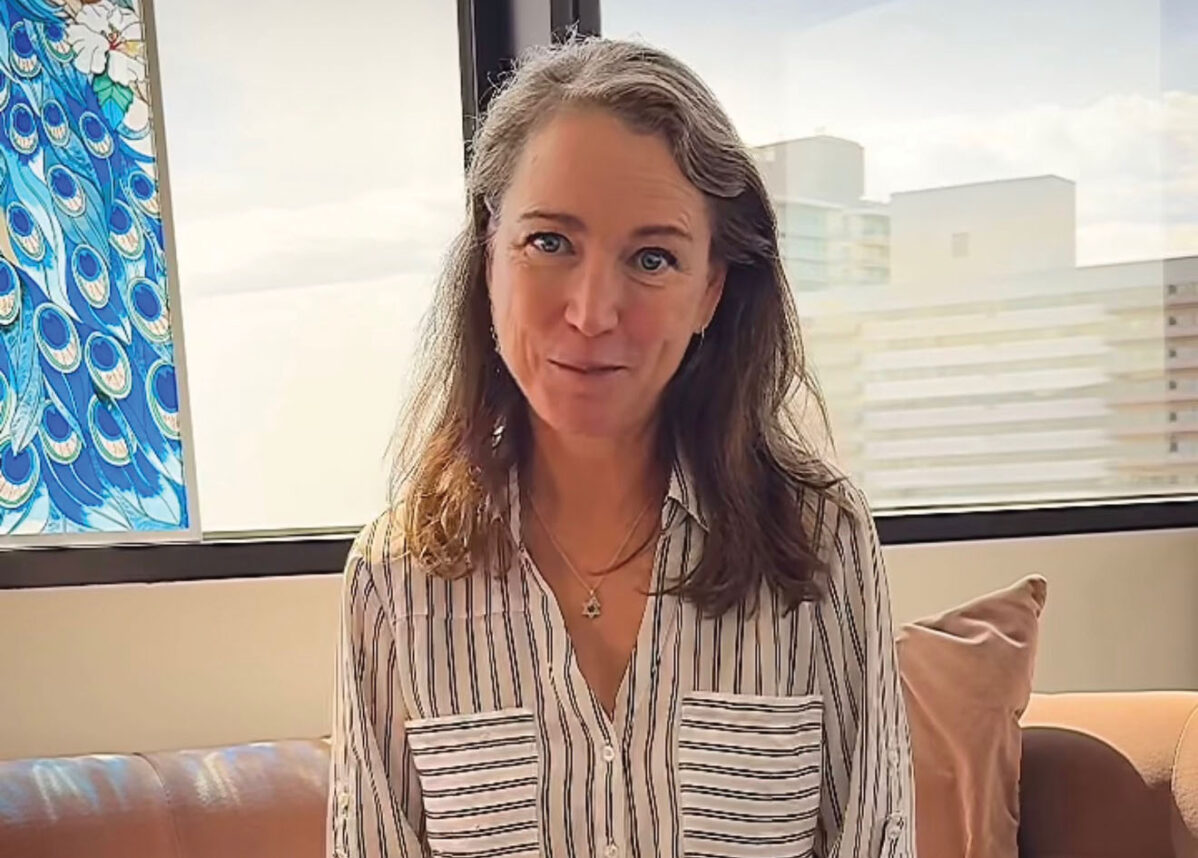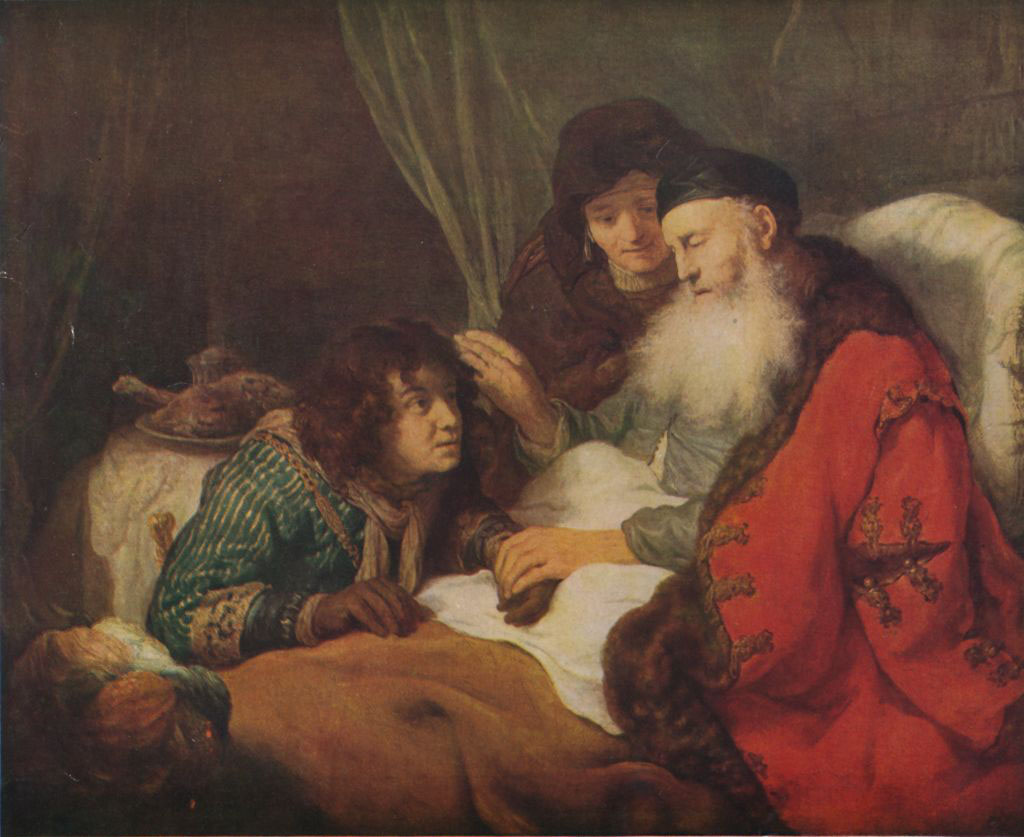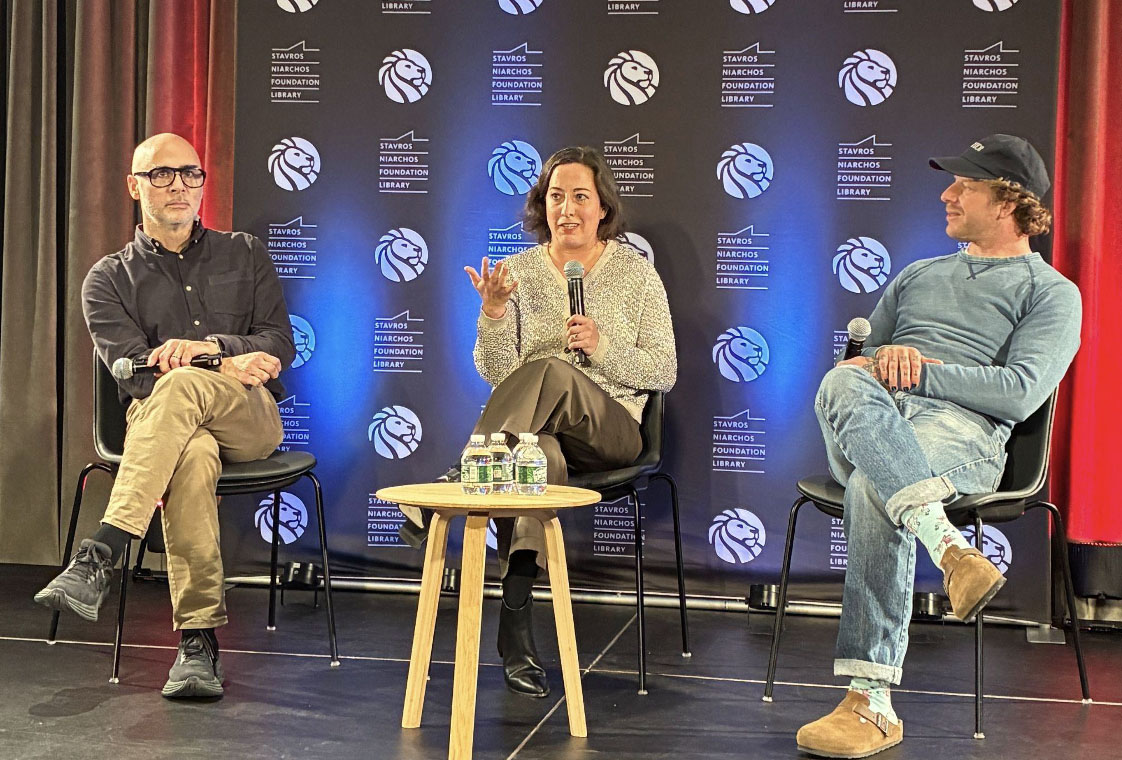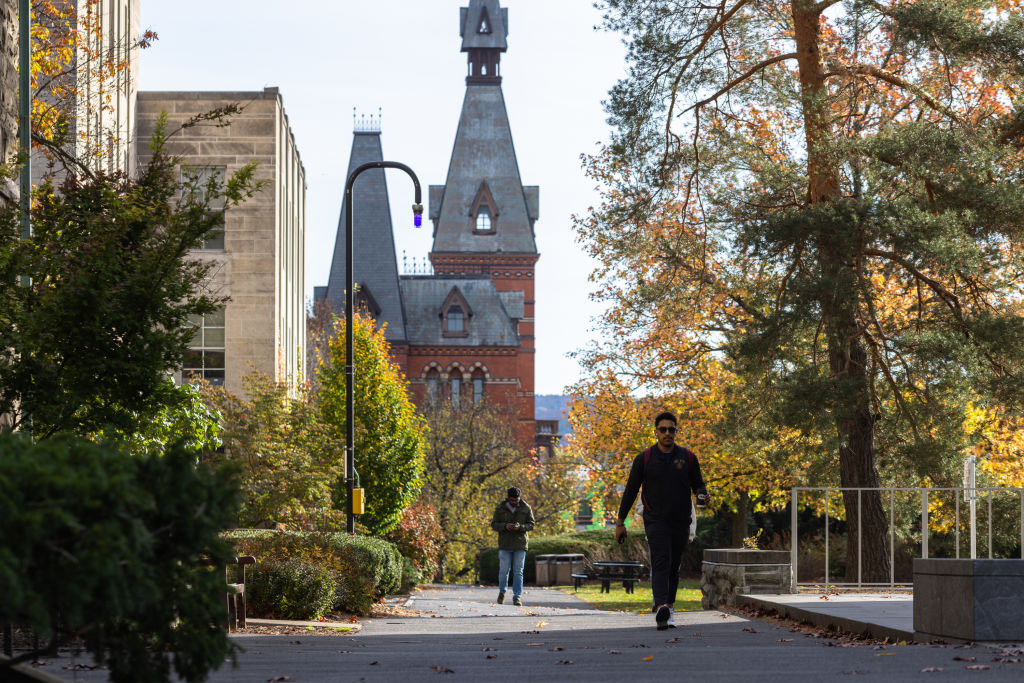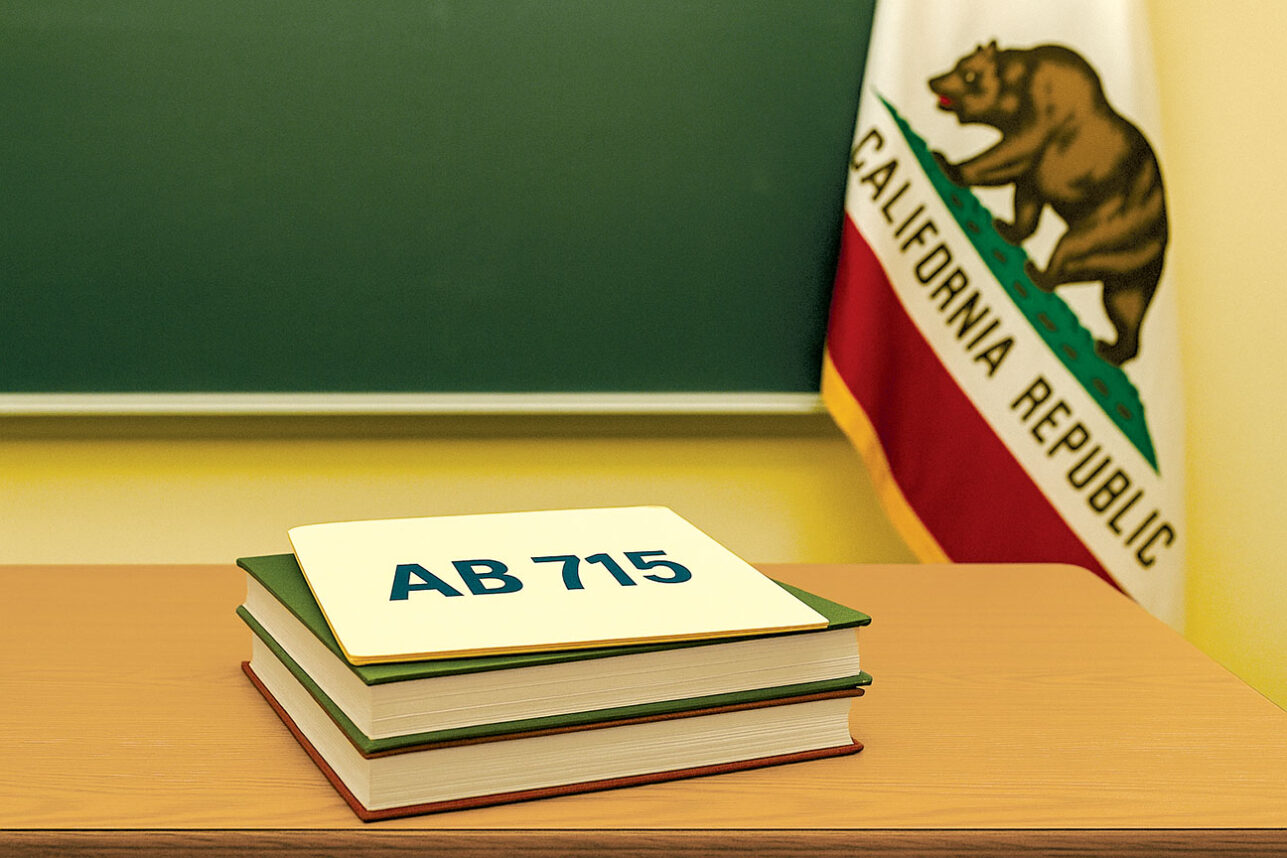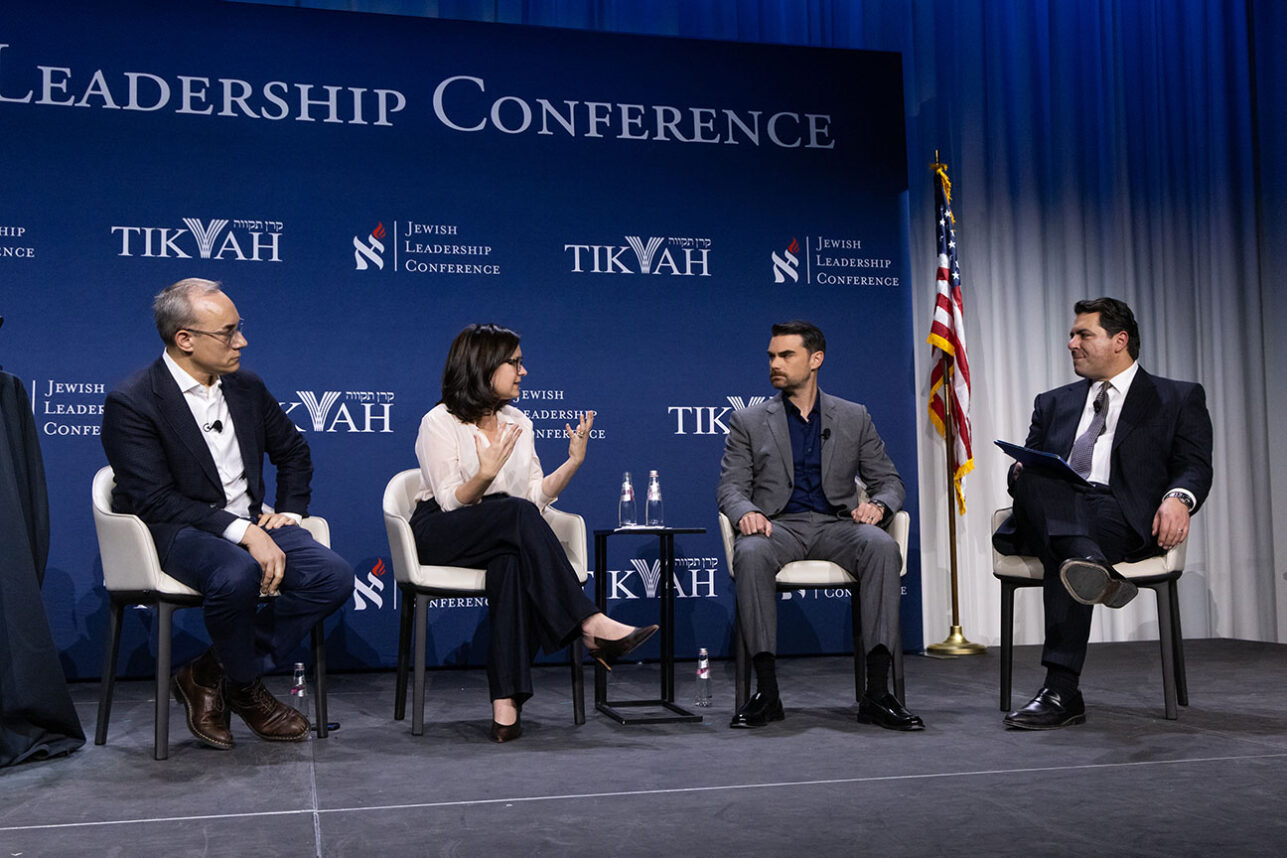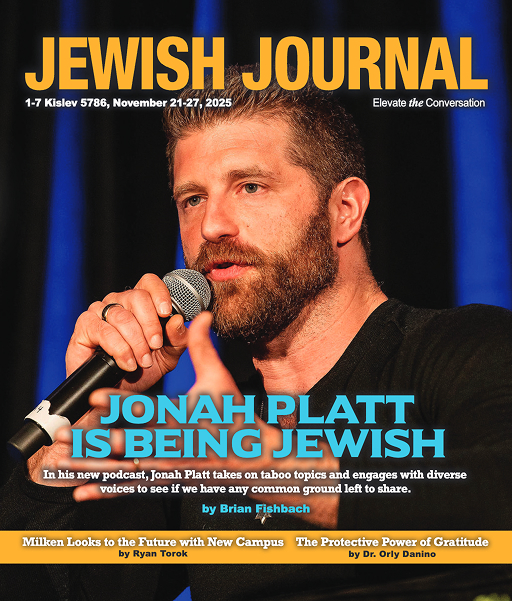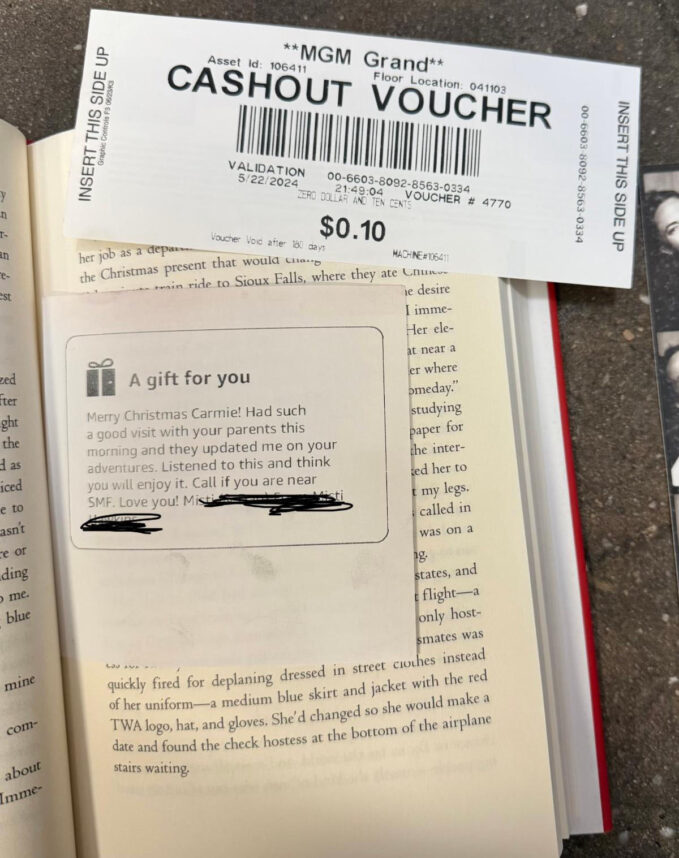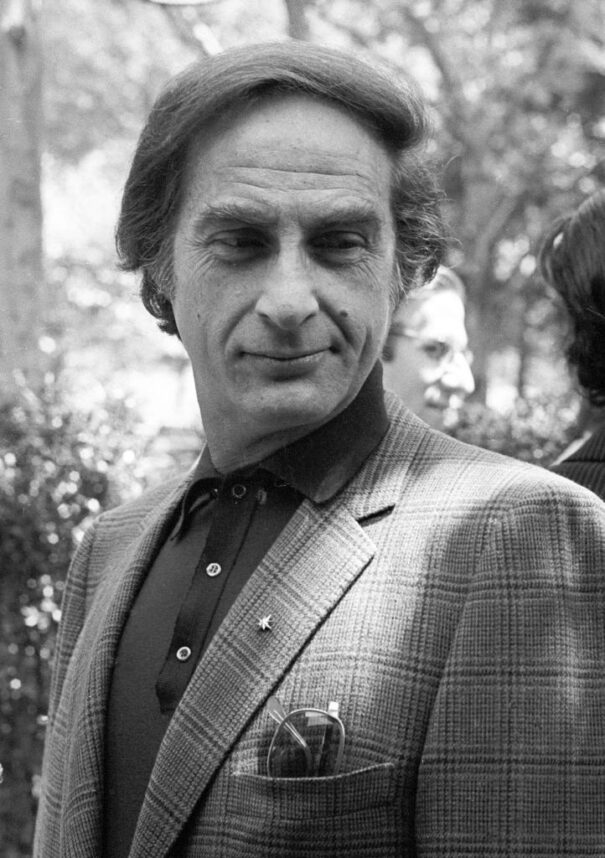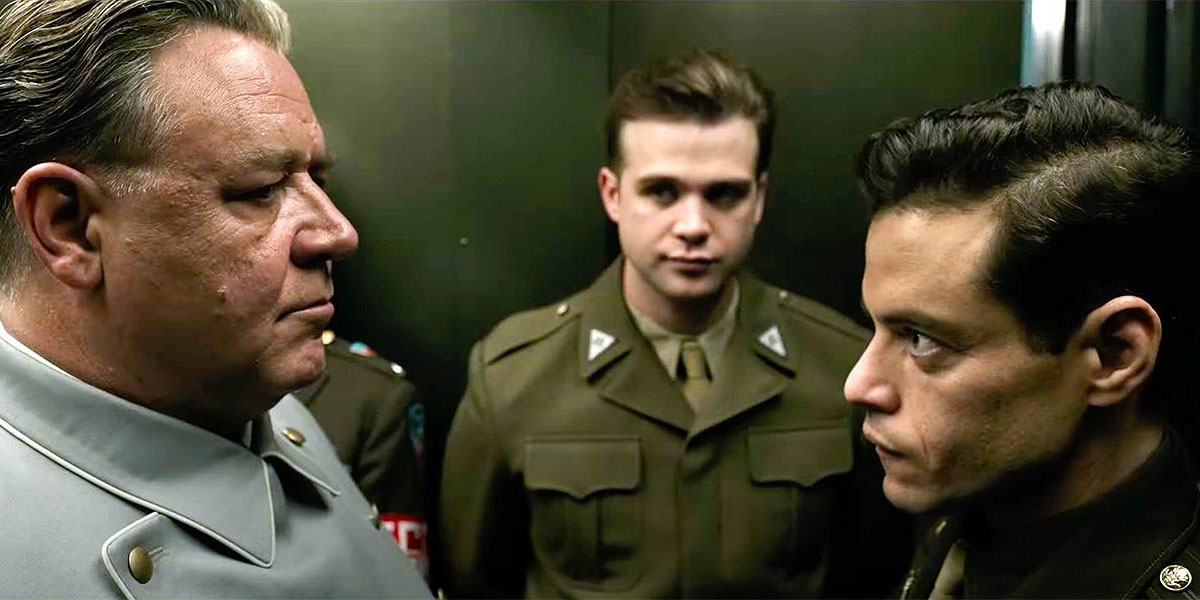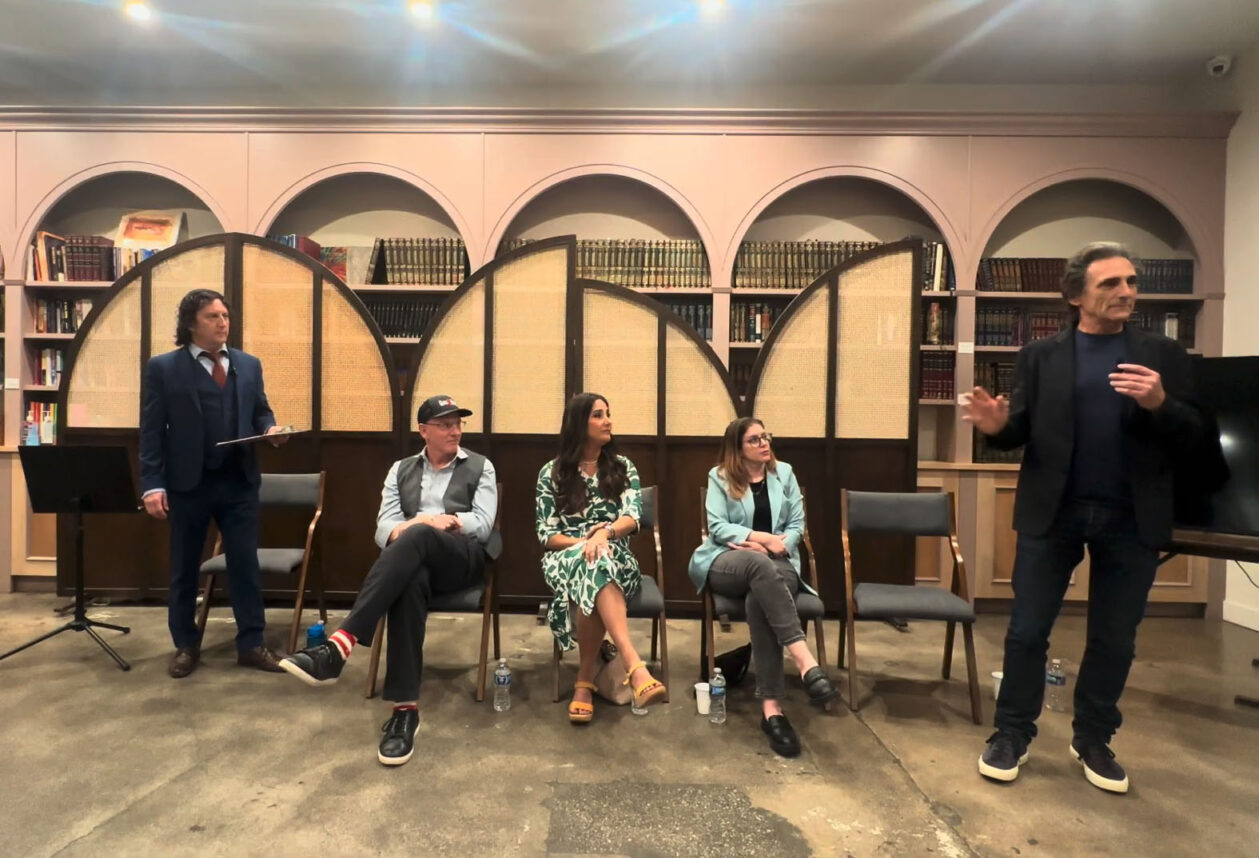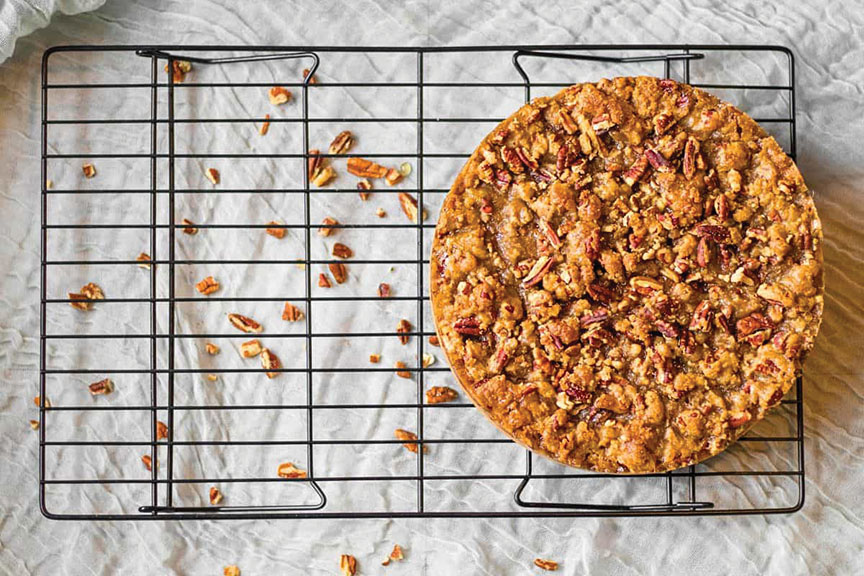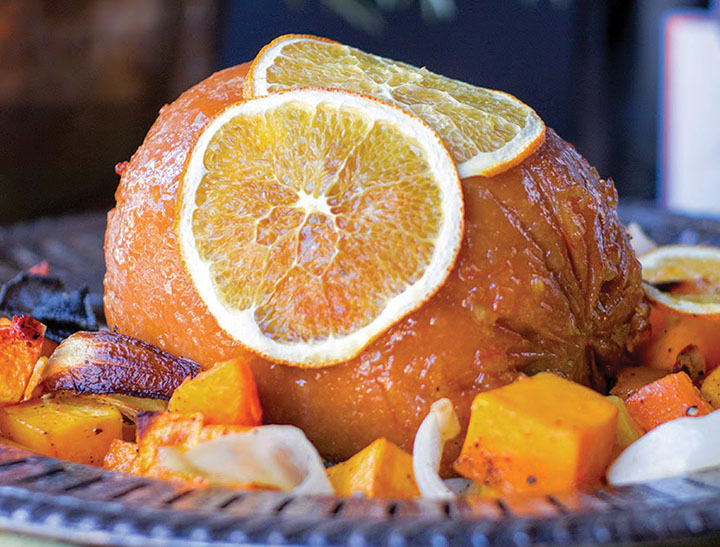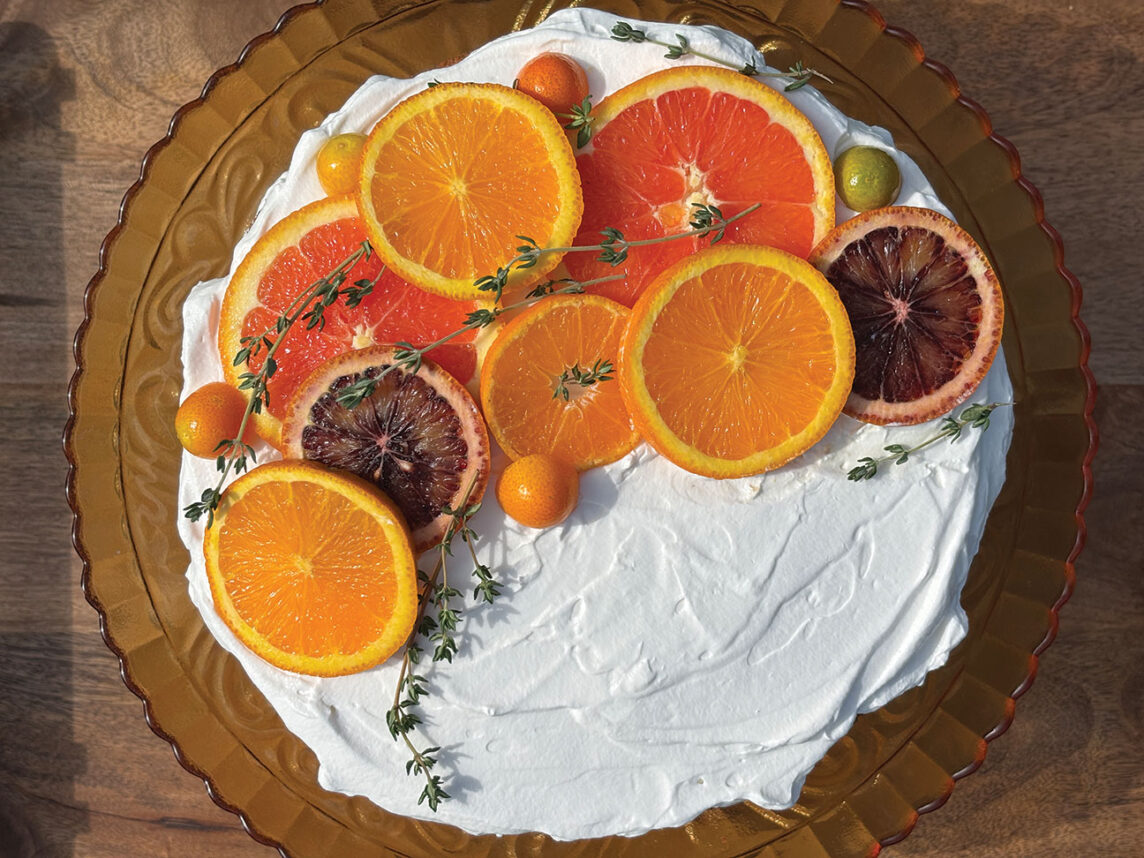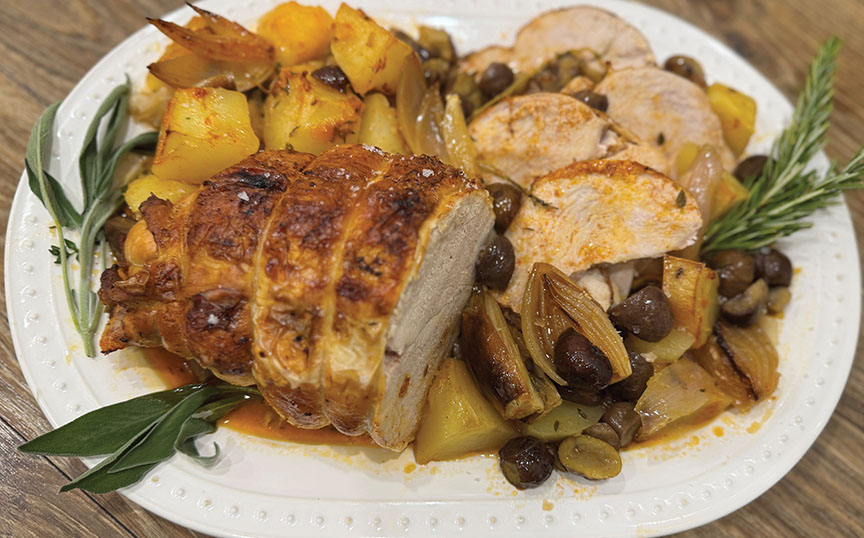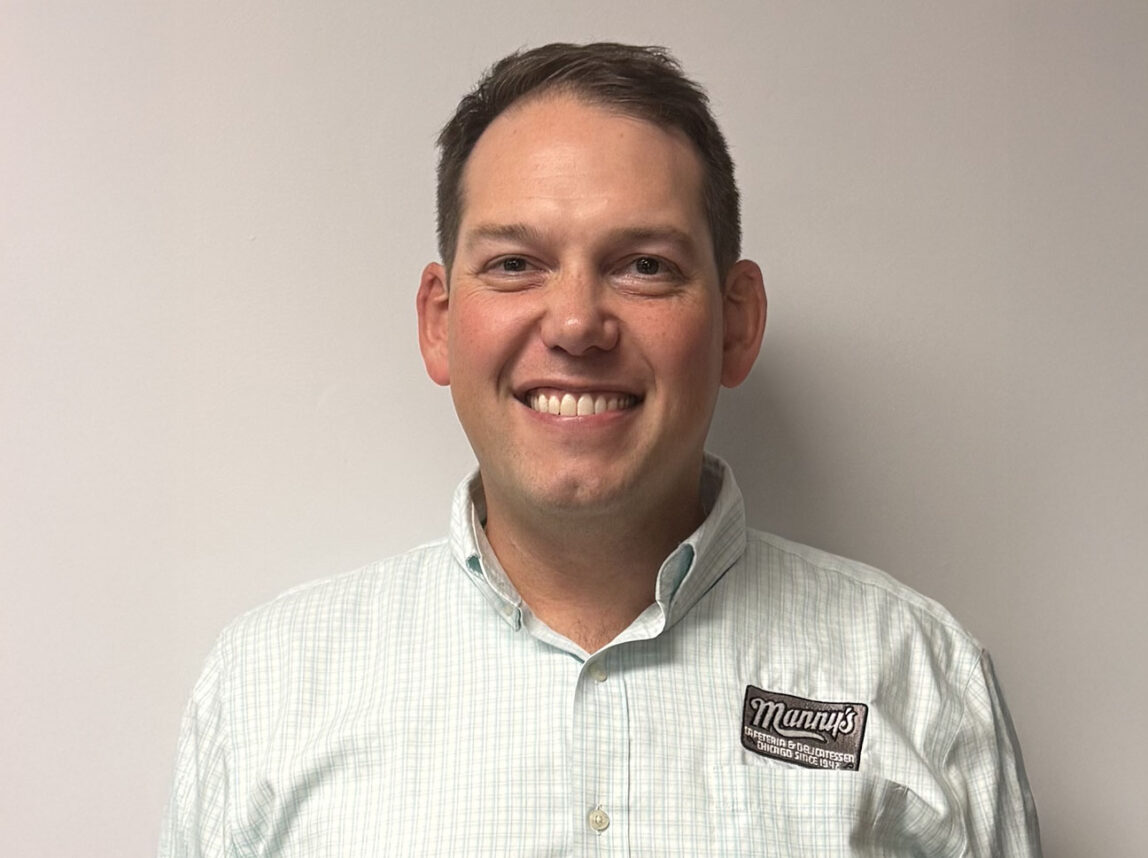
This year, as with most years, Hanukkah coincides with our annual reading of the Torah portion Miketz—in which Joseph is raised from the jailor’s pit and restored to greatness as an interpreter of dreams in Pharaoh’s house.
It could be that this correlation is merely a blind coincidence of the Jewish calendar, but Hanukkah and Miketz share a critical connection which urges us to look deeper. This connection is Psalm 30, which acts like a hinge binding the festival of light to the story of Joseph.
Psalm 30, read as the daily psalm throughout Hanukkah, begins with the line: “A psalm of David. A song for the dedication of the House (Hanukkat HaBayit)” (30:1). Linguistically and thematically, the holiday of Hanukkah is instantly evoked.
The rest of the psalm, in which the psalmist praises God for granting him victory and changing his sorrow into joy, resonates deeply with the story of Hanukkah, in which the beleaguered Jewish people find light and renewal after a terrifying situation of oppression and national calamity. “You have lifted me up, and not let my enemies rejoice over me…” (30:2)
The Psalmist recounts the arrogance and false security of life before his troubles came—before enemies swarmed and the sacred place was defiled. “When I was untroubled, I thought, ‘I shall never be shaken’” (30:7). Now, he has been restored to safety—but never again shall he take this for granted. “When You hid Your face, I was terrified” (30:8).
He has been transformed by his experience—reminded of just how precarious and vulnerable life is. His response is gratitude. “You turned my lament into dancing, you undid my sackcloth and girded me with joy, that [my] whole being might sing hymns to You endlessly; O LORD my God, I will praise You forever” (30:12-13).
The connection to Miketz is more subtle. The psalm reads: “O LORD, You brought me up from Sheol, preserved me from going down into the Pit” (30:4). Both Pit (Bor) and Sheol are key words in the story of Joseph, who is cast down into multiple pits throughout his life, always to be raised up in the end. As for Sheol, it is Jacob’s repeated lament that the loss of his beloved son Joseph will cause him to go “down to Sheol in grief” (43:38).
In verse 10, the Psalmist asks: “What is to be gained (ma betza) from my death, from my descent into the Pit?” Again, the image of the pit is evoked, along with a phrase that recalls the moment after Joseph was first tossed into one by his brothers. “Then Judah said to his brothers, “What do we gain (ma betza) by killing our brother and covering up his blood?” (37:26). With this, they decide to lift Joseph from the pit and sell him, rather than leaving him to die.
The story of Hanukkah, the story of Joseph, and Psalm 30 each tell narratives of descent and ascent. All three remind us that the seeds of renewal are sown when we are lowly, and that arrogance comes before a fall. Life is not static. Neither is fortune.
This is merely an observation of the way things are, but for this connection to have a religious significance, it needs to speak to the way that we are—how we act and perceive the world. This is where the idea of hanukkah—dedication—comes in.
The ebb and flow of life and the constant shifting of the sands on which we walk necessitates that we continually rededicate ourselves and our lives. After facing God, we inevitably turn away, and thus must rededicate our relationship with the divine by turning back in prayer, in compassion, in contemplation. After reaching our soul’s true potential, we inevitably fall into hopelessness, and must call ourselves back to our highest ideals. After the world has been blighted by war, by hatred, by plague—we must find a way to pick up the pieces.
This is what Judaism offers—a framework for rededication. It is why we pray three times a day. It is why we have festivals throughout the year. It is why we celebrate Hanukkah and continue our endless cyclical journey through the Torah. We inevitably fall and turn away. A life of Torah raises us back up.
Psalm 30, however, is not only connected to Hanukkah and the Joseph story. It is a part of the daily liturgy—the very first Psalm read each morning. This is a sign that the work of rededication is not a once-a-year event. Rather, it is a daily task.
Every single morning we are called upon to turn back, to be lifted up, to turn lament into dancing and to gird ourselves with joy.
Matthew Schultz is the author of the essay collection “What Came Before” (2020). He is a rabbinical student at Hebrew College in Newton, Massachusetts.

